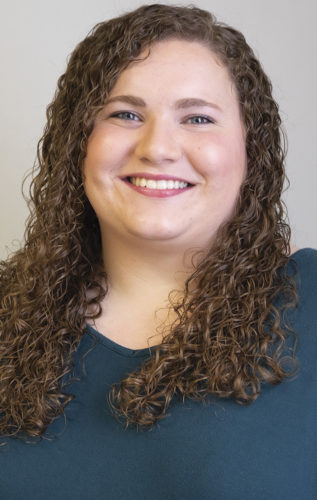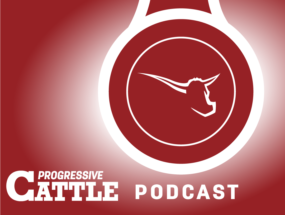On Jan. 19, Secretary of Agriculture Tom Vilsack announced a pilot program that will allow more cattle producers and meat processors access to the USDA’s beef quality grading and certification through virtual technology. According to the USDA announcement, the Remote Grading Pilot for Beef, developed by the Agricultural Marketing Service (AMS), matches simple technology with robust data management and program oversight to allow a USDA grader to assess beef carcass characteristics and assign the official quality grade from a remote location, reducing costs and location as barriers to participation in voluntary grading services.
“On average, a beef carcass that grades as USDA Prime is valued at hundreds of dollars more than an ungraded carcass, but costs for this voluntary USDA service often prevent smaller-scale processors and the farmers and ranchers they serve from using this valuable marketing tool,” Vilsack said. “This remote grading pilot opens the door for additional packers and processors to receive grading and certification services allowing them to access new, better and more diverse marketing opportunities.”
Consumers, as well as buyers and sellers of beef, rely on USDA quality grades, including Prime, Choice and Select, as a clear and standardized way to indicate quality. Everyone involved in the beef supply chain, from cattle producers to beef consumers, benefits from the greater efficiency permitted by the application of official U.S. grade standards.
While over 90% of the country’s fed beef supply is officially graded by the USDA, much of it comes from large processing plants that can afford consistent access to a USDA grader. On the other hand, smaller, independent processors are often unable to use the USDA’s grading and certification services due to the expense of paying for a highly trained USDA grader to travel to their facility to perform the service in person for a relatively small number of cattle that may not require a full day of the grader's work. Having access to remote grading would significantly reduce travel-related costs, making the service much more cost-effective for smaller processors.
How it works
Trained plant employees capture specific images of the live animal and beef carcass. These images are submitted electronically to a USDA grader stationed elsewhere in the U.S., who reviews the images and accompanying plant records and product data, assigns the USDA quality grade and applicable carcass certification programs, and communicates the official grade back to the plant to be applied to the carcass. Plants can then use this information in their retail marketing and transmit carcass performance information back to producers.
This pilot program will expand on the AMS’ feasibility study conducted during the last half of 2023, which explored the logistics of a remote-grading process. The pilot program will include a larger and more diverse number of beef processors and will gather additional data on the actual cost and the level of in-person surveillance needed to ensure program consistency and integrity of this process before officially including it as an option as part of the USDA’s quality grading service.
Industry groups have applauded the pilot program, especially regarding the decreased costs for processors and producers. U.S. Cattlemen’s Association Independent Beef Processing Chairman Patrick Robinette said in a news release, “Before today’s announcement, it was simply unaffordable for an independent producer or processor to participate in providing quality-graded beef to the marketplace. On my operation, the cost would have averaged 410 dollars per head to receive grading services, which I would have never recouped.”
“The pilot program would reduce that cost to 4 dollars and 56 cents per head,” Robinette continued. “Now, the producers I serve will be able to access value-added programs that were previously unavailable to them.”
National Cattlemen’s Beef Association (NCBA) vice president of government affairs, Ethan Lane, said in a news release, “NCBA is glad that USDA is launching this remote-grading pilot program and expanding opportunities for meat grading to occur in smaller, local processing facilities. This will increase marketing opportunities for cattle producers and help them capture more value from their product.”
For more information about the Remote Grading Pilot for Beef, visit the AMS website or send an email.
The USDA will host a webinar Thursday, Jan. 25 at 3 p.m. Eastern time to provide additional information about the program. To register, visit the sign-up webpage. A recording will be made available.






